It was 40 years ago, on March 8, 1983, that Ronald Reagan delivered one of his most provocative and memorable speeches, referring to the Soviet Union as “the focus of evil in the modern world.” It was also one of Reagan’s most revealing orations, telling us as much about Ronald Reagan as it did the Soviet Union.
Today we call it “The Evil Empire Speech.” In the official Presidential Papers archives, it carries a much blander title: “Remarks at the Annual Convention of the National Association of Evangelicals.” That was the venue, in Orlando, Florida at the Citrus Crown Ballroom at the Sheraton Twin Towers Hotel. The 40th president hit the dais at 3:04 PM and began speaking to the packed room of Christian faithful.
For an address known for its fire-and-brimstone foreign-policy pronouncements, it certainly did not begin that way. The opening of this 3,877-word anti-communist manifesto was a gentle exhortation about the power of prayer. Reagan recalled earlier in the week being in the East Room of the White House when someone asked him if he was aware of all the people praying for him as president. “Yes, I am,” he shared. “I’ve felt it.” He invoked a favorite quote from Abraham Lincoln: “I have been driven many times to my knees by the overwhelming conviction that I had nowhere else to go.”
When Reagan said this to the evangelicals, he meant it most sincerely. Reagan quickly learned that the presidency is flatly overwhelming. Faith gave him strength.
Reagan spoke of the importance of faith in American public life. He quoted William Penn: “If we will not be governed by God, we must be governed by tyrants.” He also invoked Alexis de Tocqueville: “Not until I went into the churches of America and heard her pulpits aflame with righteousness did I understand the greatness and the genius of America…. America is good. And if America ever ceases to be good, America will cease to be great.”
Reagan in this speech acknowledged that America had not always been good. In fact, what Reagan said in that respect remains the most-forgotten element of the Evil Empire speech. Indeed, though liberals went bonkers over the speech, accusing Reagan of all sorts of sins and America-centrism, Reagan actually first pointed fingers at the United States and its “moral evils.” “Our nation, too, has a legacy of evil with which it must deal,” said Reagan. “For example, the long struggle of minority citizens for equal rights…. There is no room for racism, anti-Semitism, or other forms of ethnic and racial hatred in this country.”
So, America was far from perfect. But still, our system, Reagan made clear, was superior to the Soviet communist system. And thus, he told his audience of fellow Christians: “Yes, let us pray for the salvation of all of those who live in that totalitarian darkness—pray they will discover the joy of knowing God. But until they do, let us be aware that while they preach the supremacy of the state, declare its omnipotence over individual man, and predict its eventual domination of all peoples on the Earth, they are the focus of evil in the modern world.”
He urged those assembled to “beware the temptation of pride—the temptation of blithely declaring yourselves above it all and label both sides equally at fault, to ignore the facts of history and the aggressive impulses of an evil empire, to simply call the arms race a giant misunderstanding and thereby remove yourself from the struggle between right and wrong and good and evil.”
Why did Reagan say this? For several reasons.
First, he felt a Christian-moral responsibility. “There is sin and evil in the world,” said Reagan, “and we’re enjoined by Scripture and the Lord Jesus to oppose it with all our might.”
But more than the personal-spiritual—in this speech where Reagan talked about the “phenomenology of evil” and quoted everything from Scripture to C.S. Lewis to Whittaker Chambers—Reagan had political-strategic reasons for saying what he said.
“For too long our leaders were unable to describe the Soviet Union as it actually was,” Reagan later explained in his memoirs. “The keepers of our foreign-policy knowledge … found it illiberal and provocative to be so honest. I’ve always believed, however, that it’s important to define differences, because there are choices and decisions to be made in life and history.” Few were willing to speak that truth to power. He further explained: “The Soviet system over the years has purposely starved, murdered, and brutalized its own people. Millions were killed; it’s all right there in the history books. It put other citizens it disagreed with into psychiatric hospitals, sometimes drugging them into oblivion. Is the system that allowed this not evil? Then why shouldn’t we say so?”
To Reagan, this honesty was necessary for eliminating illusions. Reagan said such candor was needed to “philosophically and intellectually take on the principles of Marxism-Leninism.” “We were always too worried we would offend the Soviets if we struck at anything so basic,” he said. “Well, so what? Marxist-Leninist thought is an empty cupboard. Everyone knew it by the 1980s, but no one was saying it.”
Said Reagan: “Although a lot of liberal pundits jumped on my speech … and said it showed I was a rhetorical hip-shooter who was recklessly and unconsciously provoking the Soviets into war, I made the ‘Evil Empire’ speech and others like it with malice aforethought.”
He had indeed. And yet, when Reagan said it, he was denounced. Columbia University historian Henry Steele Commager called it “the worst presidential speech in American history,” because of its “gross appeal to religious prejudice.” Anthony Lewis of the New York Times dubbed the speech “outrageous,” “simplistic,” “primitive—the only word for it.” Richard Cohen of the Washington Post asked: “Question: What does Ronald Reagan have in common with my grandmother? Answer: They are both religious bigots.” The New Republic mocked “Reverend Reagan,” accused him of “deeply divisive” rhetoric, and strangely accused him of “very poor history.”
But Reagan did not see it that way. Neither did those who were captive to that totalitarian darkness.
To that end, perhaps the best reaction to Reagan’s speech was one not seen by the American media. It emanated from the very pit of the Evil Empire.
Natan Sharansky, a Jewish dissident, was an inmate of Permanent Labor Camp 35. His outraged Soviet captors informed him of what this “war-mongering” president had told the American evangelicals. They wanted Sharansky to see how dangerous Reagan was. Instead, Sharanky (after the guards left) jumped for joy inside his prison cell and tapped in Morse Code to his fellow gulag residents the good news that “someone had finally spoken the truth” about the USSR. “We dissidents were ecstatic,” said Sharansky. “Finally, the leader of the free world had spoken the truth—a truth that burned inside the heart of each and every one of us.”
Imagine the scene inside that prison, as one inmate after another tapped out the words “Evil Empire.” The truth was finally piercing the dungeon’s dark silence, as the gulag itself at long last rang out and proclaimed its rightful name: Evil Empire! Evil Empire! Evil Empire! Evil Empire!...
Ronald Reagan had, in essence, enabled the Soviet gulag to finally call itself what it was. To Reagan and to Sharansky, this was the truth that could set us all free.
Today, 40 years later, nary a soul would argue that the USSR was just what Ronald Reagan had called it.
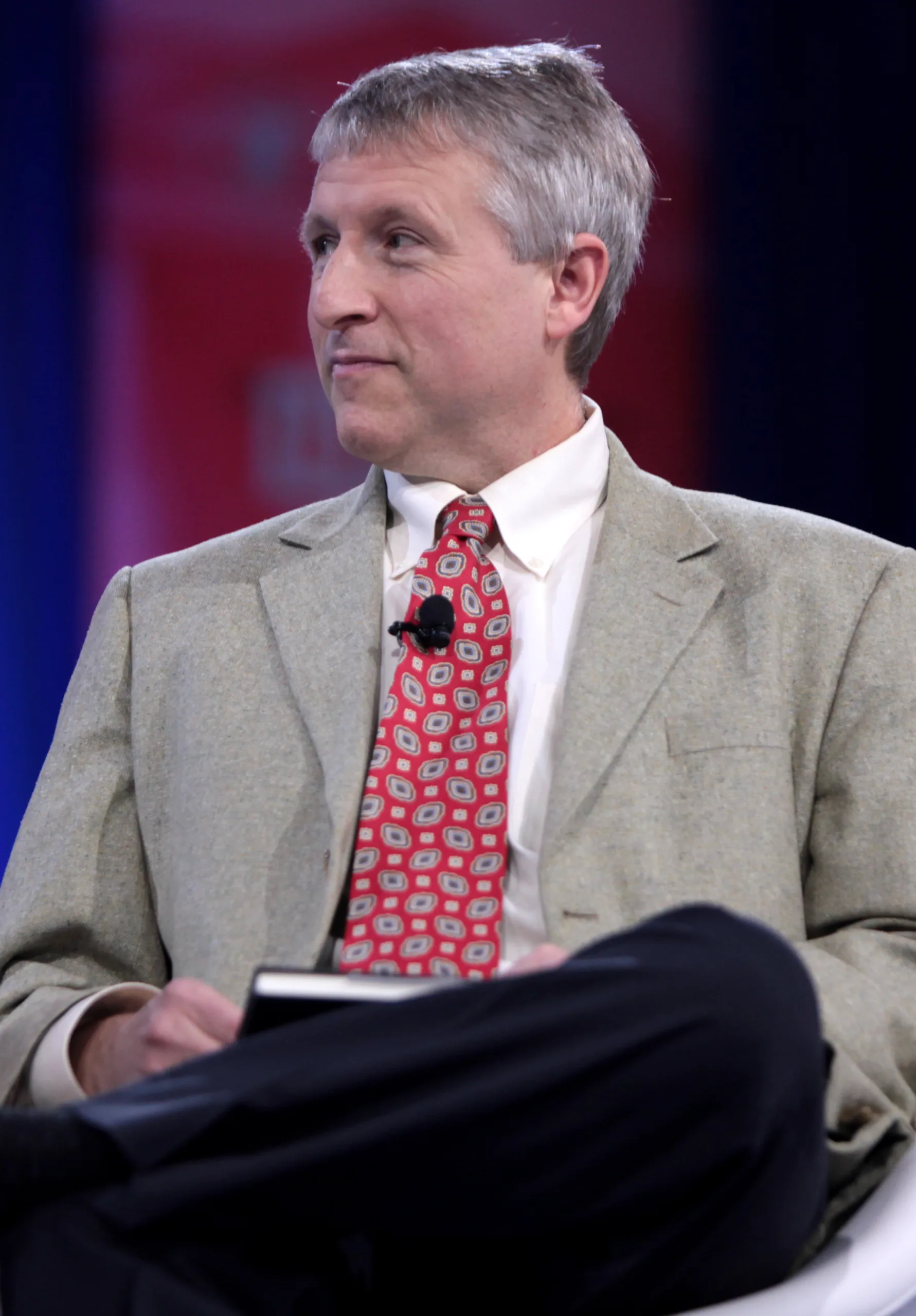
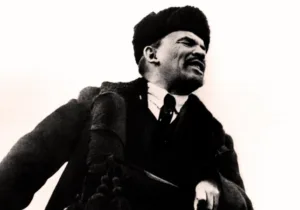
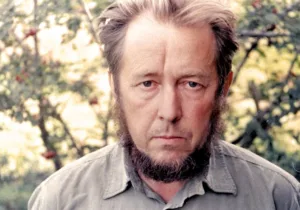
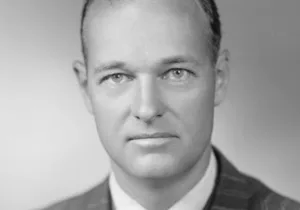
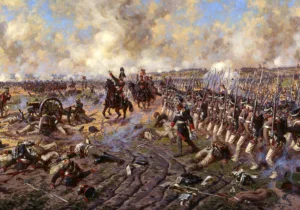
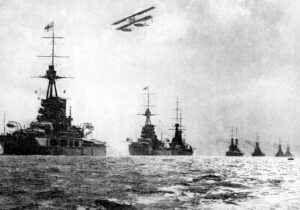

 Sponsor a student for Christianity & National Security 2024
Sponsor a student for Christianity & National Security 2024